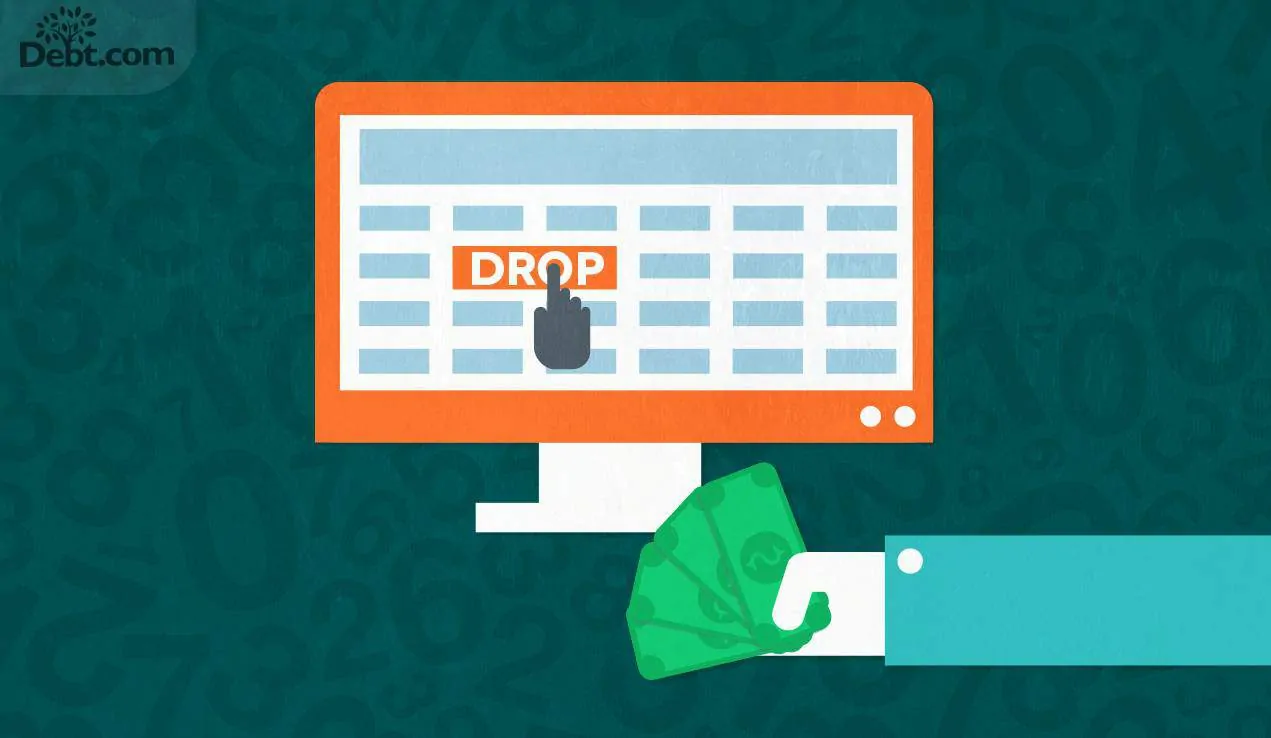Student loans
Find student loan articles to help you manage your debt and pay it off faster.
Student loans have hit crisis levels in the United States and they’re causing big problems for millions of Americans who borrowed to fund their education.
People often wind up with more debt than most entry-level salaries can afford to pay back. While higher education may increase your lifetime earnings, it leaves you in a hole with debt at the start of your career.
Debt.com strives to provide educational resources to understand how student loans work. We compare options and get expert advice to help you eliminate your debts as quickly as possible.
Browse by Tags
-
Dawn of the Debt: Borrowers Dread the Return of Student Loans
The pause on student loans was a great idea – until it wasn’t. Ready or not, it’s time to pay.
-
Do Student Loans Affect Credit Scores?
A missed payment is the No. 1 way to lose points on your credit score.
-
5 Ways Student Loan Debt Affects Divorcing Borrowers
Student loan debt can lead to divorce or trap you in an unhappy marriage
-
Should You Combine Student Loans?
When it comes to student loans, it seems like nothing is ever easy. In some cases, it almost appears they went out of their way to make the process as…
-
Why Student Loans Are Good
Student loan repayment can be a pain, but there are a few good reasons why student loans are good debt. There’s a lot of talk about student loan debt and…
-
Student Loan Debt FAQ
We help you get on top of your student loan debt payments by answering the top questions about debt, consolidation and forgiveness from around the web.
-
What Happens If I Can’t Pay My Student Loans?
Don’t expect student loan issuers to be lenient about missed payments just because the majority of their borrowers are young (and broke). The penalties for failing to pay back educational…
-
If I Drop Classes, Will It Affect My Student Loan Payments?
Be careful not to drop below half-time enrollment. Sometimes it’s the right choice to drop classes. Whether you simply took on too much one semester or you have family or…
-
Weddings, Gambling, and Drugs: What Will You Spend YOUR Student Debt Relief On?
Most applicants admit they’ll spend their savings on some surprising “non-essentials.”
-
Student Loan Forgiveness for a Six-Figure Income? That’s Unforgivable!
Biden’s plan is ill-conceived, unfair, and maybe even illegal. What’s worse, there’s a better way to help more people – and I proposed it two years ago.
-
Student Loan Forgiveness with a Female Focus
What student loan relief means for women.
-
5 Things to Know About the New Student Loan Forgiveness Plan
Ready to ditch some of that student loan debt that’s been dogging you for years? The new government program can offer relief.
-
5 Tips to Help You Avoid Student Loan Forgiveness Scams
Excited about the government’s new student loan cancellation program? So are scammers who are after your money and personal information.
-

Compare Student Loan Debt Relief Solutions
Student loan debt is at an all-time high. It’s become the second-highest source of consumer debt (mortgage debt is number one) and is a tremendous burden on 45 million U.S.…
-
How to Refinance Student Loans
If you want to refinance student loans at a lower interest rate, you must go through a private lender, even if you have federal student loans. Learn how refinancing works…















